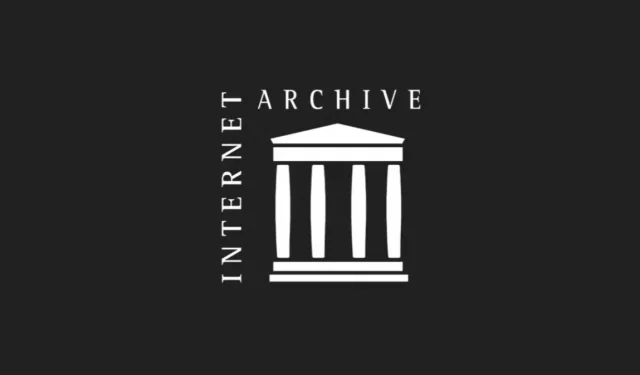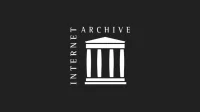The Internet Archive violated copyright by providing e-books. She was not allowed to give out e-books for free during the pandemic.
A federal judge ruled against the Internet Archive in its case against a group of four US publishers led by the Hachette Book Group. Judge John G. Coeltle said on Friday that the non-profit organization infringed the group’s copyright by providing digital copies of its books, Reuters reported.
The Internet Archive violated copyright by providing e-books
The origin of this case dates back to the Internet Archive’s decision to open the National Emergency Library in the early days of the pandemic. The program allowed the organization to offer more than 1.4 million e-books, including licensed works, for free, in response to the fact that many libraries around the world were closing their doors due to quarantine measures by governments.
Until March 2020, the Internet Archive’s Open Library program operated under a “supervised digital loan”system, which meant that there was often a waiting list to borrow a book from that catalog. When the pandemic hit, the Internet Archive lifted these restrictions to make it easier to access books when people were locked in their homes. The Copyright Alliance quickly saw the threat of this initiative. In June 2020, Hachette, along with HarperCollins, Penguin Random House, and John Wiley & Sons, sued the Internet Archive, accusing the organization of “willful mass copyright infringement.”That same month, the Internet Archive unexpectedly closed its National Emergency Library.
She was not allowed to give e-books for free during the pandemic
During the lawsuit, the Internet Archive defended itself by saying that this initiative is protected by the fair use principle, which allows unlicensed use of licensed works under certain circumstances. As The Verge notes, HathiTrust, a subsidiary of the Google Books Search project, successfully used this same argument in 2014 in its defense against the all-powerful Authors Guild. However, Judge Coeltle dismissed the Internet Archive’s position, stating that “there is nothing significant”in lending unauthorized copies of the books. “While the [Internet Archive] has the right to lend out legally purchased printed books, it does not have the right to scan those books and give out digital copies in bulk,” he wrote. Maria Pallante,
For its part, the Internet Archive has filed an appeal against the decision. “Libraries are more than corporate database customer service departments. For democracy to survive on a global scale, libraries must be able to maintain their historic role in society – by owning, preserving and lending books,” the organization wrote on its blog. “This decision is a real blow to libraries, readers and authors.”


